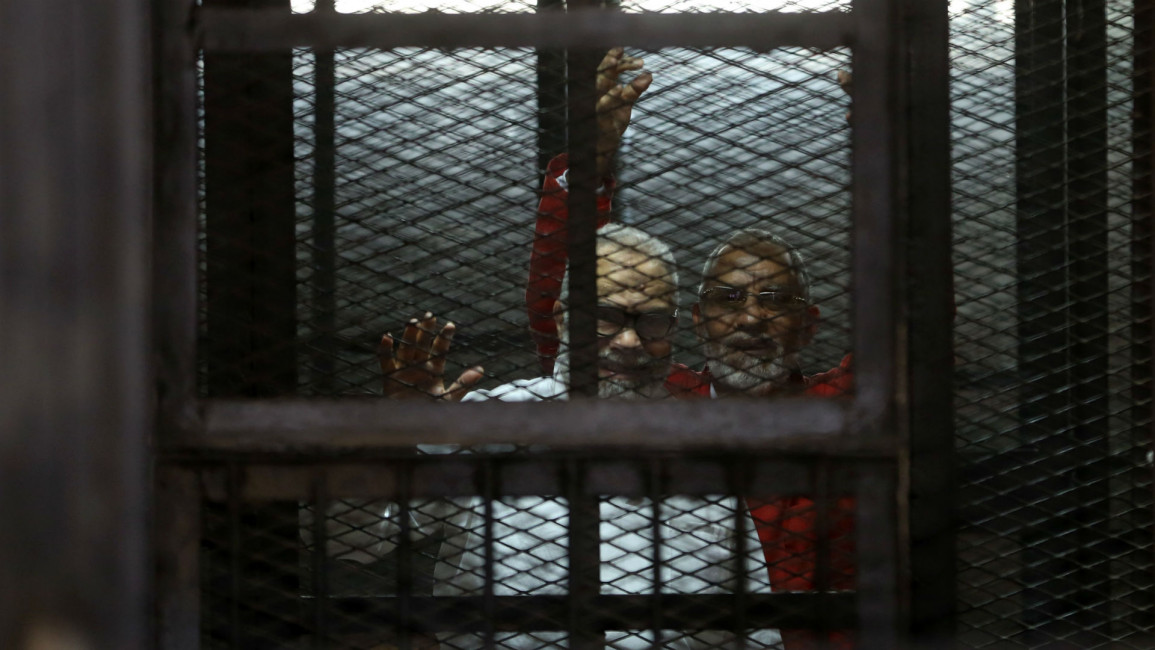Muslim Brotherhood members 'may be granted UK asylum'
The document entitled Country Information and Guidance Egypt: Muslim Brotherhood, states that an individual may apply for asylum in the UK because of "a fear of persecution or serious harm by the state because of the person's actual or perceived involvement with the Muslim Brotherhood".
The 22-page document alludes to the tactics that have been used against political opponents of Egyptian President Abdel Fattah al-Sisi, stating that MB members "may be able to show that they are at risk of persecution, including of being held in detention, where they may be at risk of ill-treatment, trial also without due process and disproportionate punishment".
The new guidance also states that Egyptians who are not official MB members but have been deemed to be so by authorities may also be granted refuge in the UK. This is of particular relevance to many Egyptian journalists who have been subjected to repression since the political takeover by Sisi's regime in 2013.
At the same time, however, the Home Office document also says that rank-and-file members who are not "generally targeted" and are unable to show "a real risk of persecution" may not be granted asylum.
Following the overthrow of the Islamist government of Mohammed Morsi in 2013, Egypt's Muslim Brotherhood was swiftly driven underground once again after enjoying a brief stint at the centre of the country's political stage.
In December 2013, the Brotherhood was designated a terrorist organisation and the assets of the group and its affiliated NGOs were frozen by authorities.
In 2014, a Cairo court took matters further by banning all activities by the group. The group's leadership, including former president Morsi and supreme guide Mohammed Badie have also been jailed and handed hefty sentences, including death.
The new guidance from the UK Home Office may indicate a new direction for the UK with regards to the Muslim Brotherhood, as it comes less than a year after a government review concluded that membership or ties to the Brotherhood should be considered a possible indicator of extremism. The 2015 review stopped short of banning the group in the UK.
At the time, former British Prime Minister David Cameron said that the UK would reject visa applications from MB members and associates who have expressed "extremist" views.



